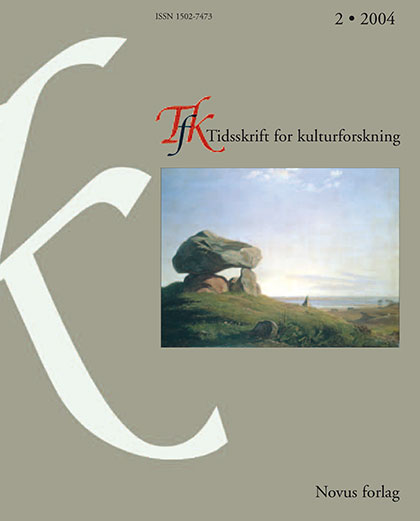Sammendrag
Using patriotic sentiments as a vantage point, the article discusses emotions as a core element of the subjectivation of the late 18th century. Love of the Fatherland became a concept of the time to denote the proper attitude among the citizens; an emotion that should be experienced as an inner quality and not as an obligation forced upon them. This analysis investigates patriotism and cult of emotions as principal elements of a specific understanding of subjectivity and in the transition leading to romanticism and the 19th century. The analysis of subjectivation processes is based upon theoretical and analytical concepts from Michel Foucault. The 18th century cult of sensibility is seen as a part of a discursive formation, in which emotions are being objectified and textualized, and the individual is construed as a subject of emotion, reason and morality. It is proposed that military education and patriotic ritual enhanced the development of new forms of self awareness, and that emotions came to be central in the development of new "technologies of the self" that became important for the governmentality of modern states. The article is also a contribution to the genealogical analysis of how Western culture came to see emotions as the inner locus of the self, and hence as expressions of a true core of the individual.
Forfattere beholder opphavsretten og gir tidsskriftet rett til første publisering av arbeidet. En Creative Commons-lisens (CC BY-SA 4.0) gir samtidig andre rett til å dele arbeidet med henvisning til arbeidets forfatter og at det først ble publisert i dette tidsskriftet.

